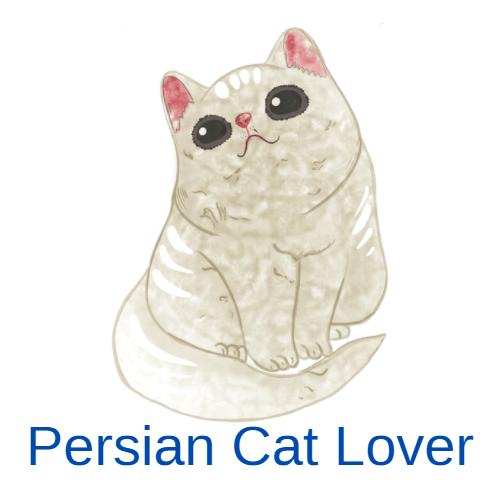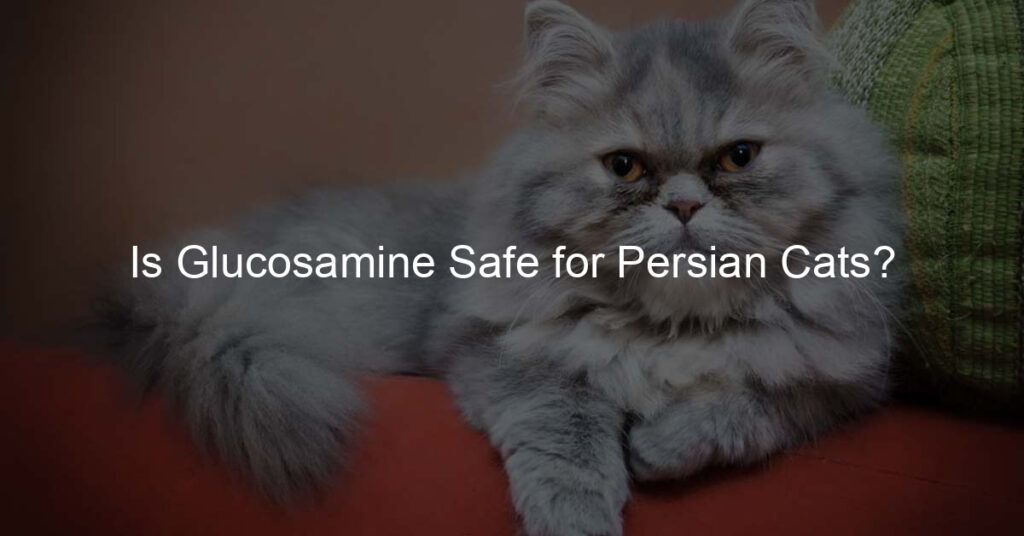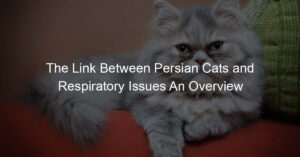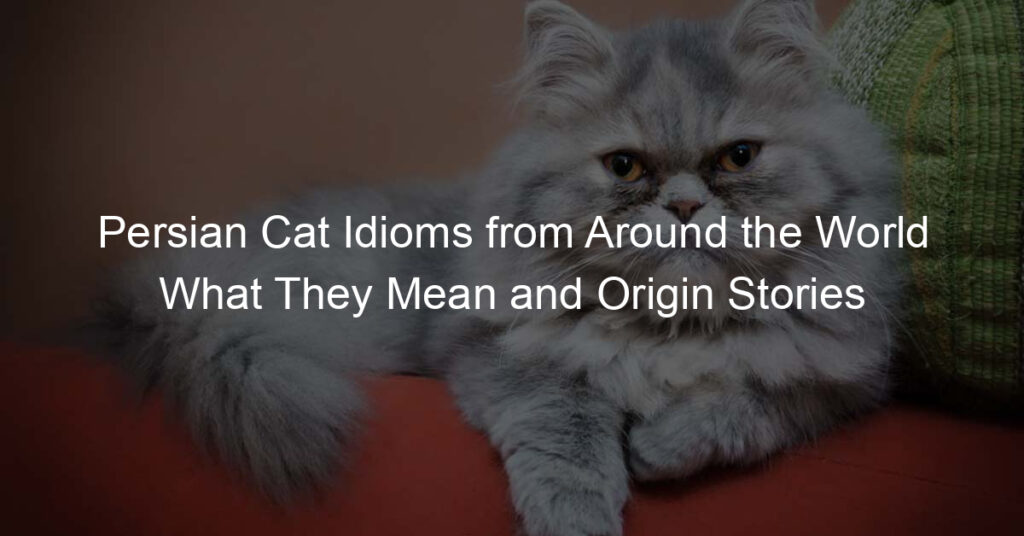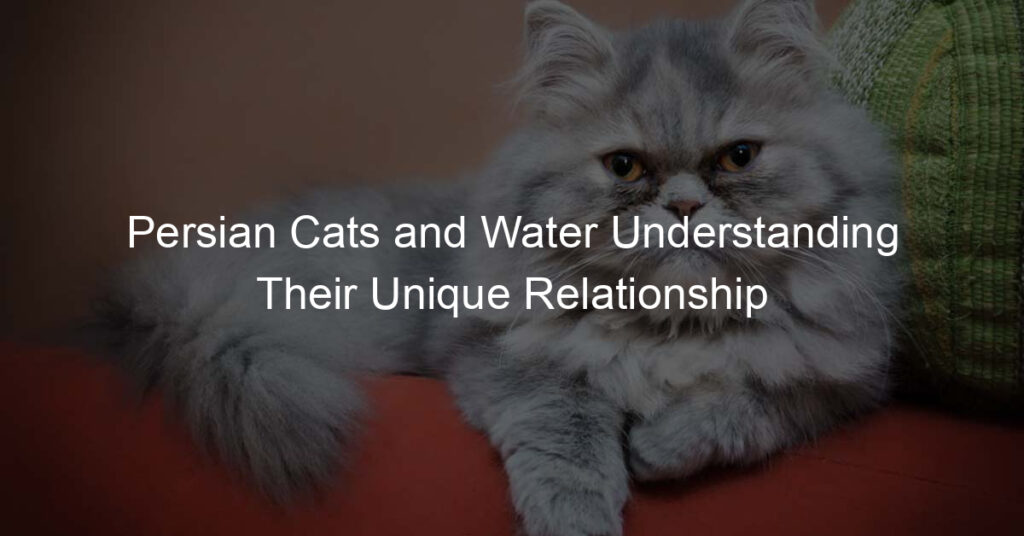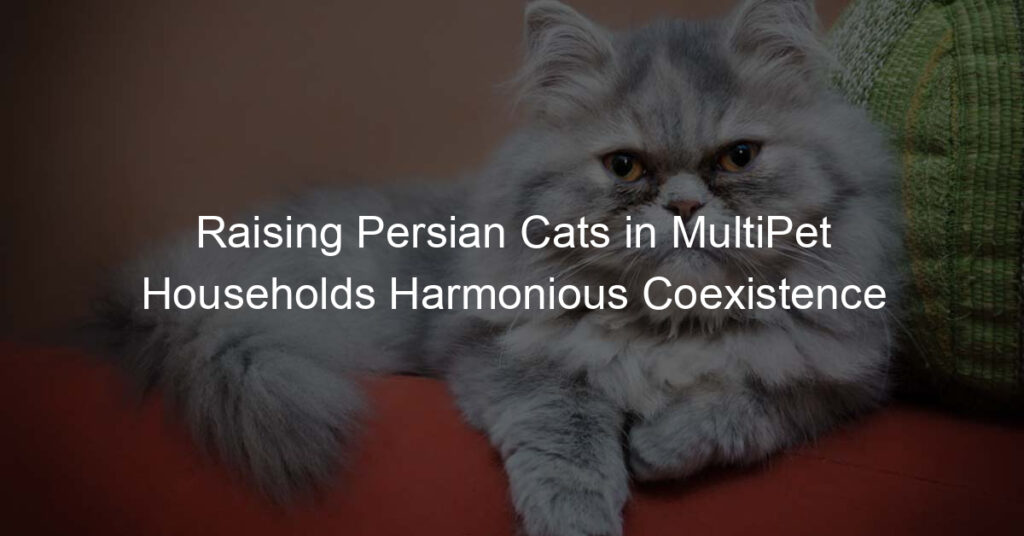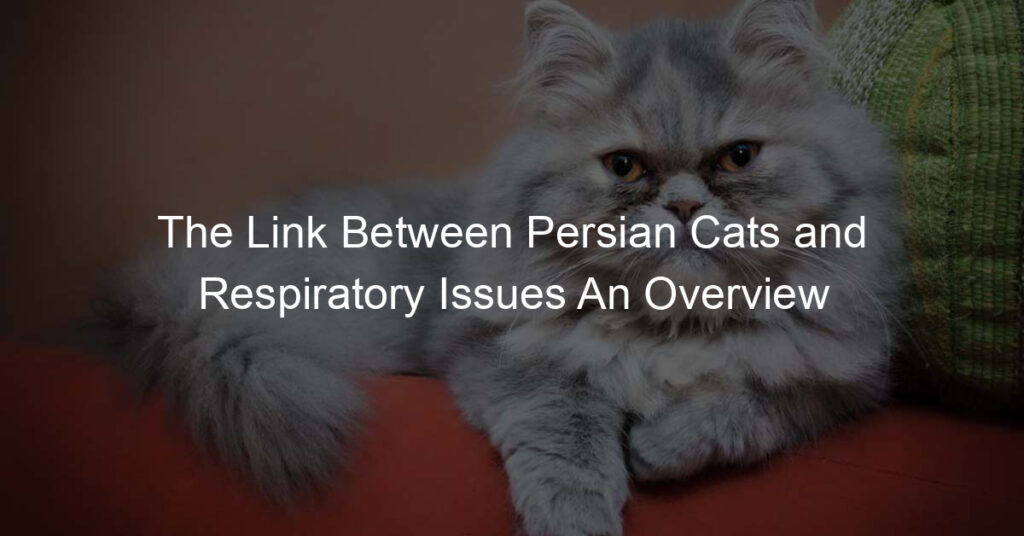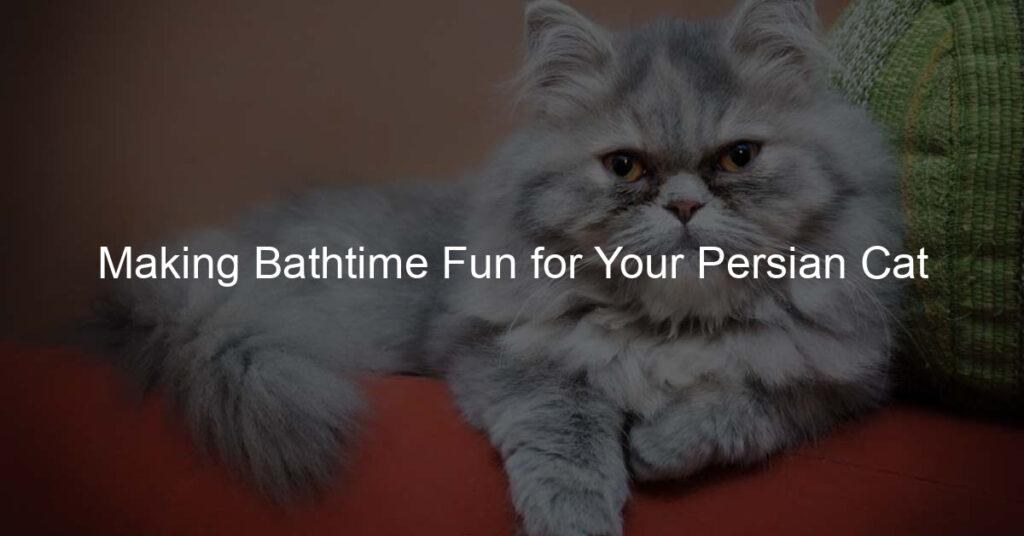The short answer is yes; glucosamine is generally safe for Persian cats. Glucosamine is a naturally occurring compound that can be used to help maintain joint health and mobility in cats of all breeds, including Persians.
However, it’s crucial to understand how and why glucosamine may be beneficial for your Persian cat so you can make an informed decision.
Glucosamine helps the body produce substances needed to build and repair cartilage, which cushions joints and helps keep them functioning smoothly. In cats with arthritis or other age-related joint issues, supplementing with glucosamine may reduce inflammation and improve mobility.
While there are no known severe side effects associated with the long-term use of glucosamine, it’s always best to consult with your veterinarian before giving any supplement to your cat. Your vet can help you decide the appropriate dosage and monitor your cat’s progress.
It’s also important to remember that glucosamine is not a substitute for proper veterinary care. For example, if your Persian cat has joint issues, getting an accurate diagnosis is essential so the underlying condition can be appropriately treated.
Glucosamine may be a helpful supplement but will not cure or reverse serious medical problems like arthritis or hip dysplasia.
What Are the Signs That My Persian Cat Is Suffering From Joint Issues?
Joint issues in cats can be challenging to diagnose. Still, some signs that your Persian cat may be experiencing discomfort or pain include the following:
- Unusual stiffness when rising from sleep
- Difficulty jumping up onto furniture or other high places
- Reluctance or hesitation when climbing stairs
- Limping or favoring one leg over another
- Decreased activity level
If you notice any of these signs, it’s important to schedule an appointment with your vet for a thorough examination. Your veterinarian may recommend various treatments depending on the underlying condition and severity.
Are There Any Alternatives to Glucosamine for Cats With Joint Problems?
If you have a Persian cat with joint problems, you may wonder if glucosamine is safe for them. Glucosamine has been used in humans for years to treat arthritis, but there is limited research on its use in cats.
While it appears to be safe for felines, you must discuss any potential treatment options with your vet before giving your cat anything new.
Other alternatives are available if you’d prefer not to give your cat glucosamine supplements. Fish oil and omega-3 fatty acids can help reduce inflammation and joint pain in cats while providing the essential vitamins and minerals they need.
Omega-3s can also boost brain health, improve coat condition, and aid with digestion. You can purchase these supplements in most pet stores or online, but it’s best to consult your vet before adding anything new to your cat’s diet.
Another option is glucosamine-based topical ointments and creams. These are applied directly to the affected area, providing localized relief without risking any potential side effects that may come with a supplement.
You can look for natural remedies such as turmeric or ginger, which have anti-inflammatory properties and can help reduce joint pain in cats. You can add these herbs either as a powdered supplement or as fresh food addition to your cat’s diet.
Of course, it’s always a good idea to consult your vet before introducing new herbs or supplements into your cat’s routine.
Is There Evidence of Long-Term Side Effects From Using Glucosamine in Cats?
When considering the safety of glucosamine for cats, it is important to consider both short-term and long-term side effects. In studies conducted on cats that were given glucosamine supplements, no significant adverse reactions or side effects were observed throughout the study.
However, there is limited research regarding the long-term use of this supplement in cats and its potential impact on overall health and well-being.
While it appears safe to give your cat a daily dose of glucosamine, you should always consult with your veterinarian before giving any supplement to your pet.
Your vet can assess your particular pet’s health status to determine if glucosamine supplementation is appropriate and can advise you on a proper dosage based on body weight.
Your vet can also periodically monitor your cat’s health to ensure continued safety while on the supplement. Overall, it appears that glucosamine is generally safe for cats, but with any supplement or medication, you should always consult with a qualified veterinarian before giving it to your pet.
Additionally, owners of Persian cats should be aware of their breed’s existing predisposition for certain health issues, such as hip dysplasia and arthritis.
While glucosamine supplementation may help address these issues in some cases, it is important to discuss potential treatments and supplements with your veterinarian to find the best course of action for your pet.
Does Glucosamine Interact With Other Medications or Supplements for Cats?
It is vital to speak with your vet before giving glucosamine supplements to your Persian cat.
Glucosamine may interact with other medications and/or supplements that your feline friend is taking, potentially causing adverse health effects. Your veterinarian may suggest appropriate doses or advise against supplementation if it interferes with any other treatments or medications.
Also, the type of glucosamine used in supplements can vary and, therefore, might need to be considered when determining compatibility with current drugs or treatment plans for your pet.
Since cats are much smaller than humans and their biology is different, it’s best to consult a qualified professional about all aspects of supplementing with glucosamine for your Persian cat.
As always, the safety and well-being of your pet should be your top priority.
Can Kittens Take Glucosamine Safely?
It’s not advised to give kittens glucosamine unless your veterinarian recommends it. Kittens’ bodies are still developing, and they require special attention when it comes to supplements.
Furthermore, if a kitten takes an excessive amount of glucosamine, there is potential for toxicity or other negative side effects. If you believe that your Persian kitten may benefit from taking glucosamine, please consult with your veterinarian first before administering any supplement.
Your veterinarian can help determine the proper dosage for kittens and prevent any harm done by taking too much glucosamine.
Further, you should always seek professional advice about which brand of supplement is best suited for your cat’s needs. Not all brands are equally safe and effective, so it’s important to ask your vet for their opinion.
At the end of the day,
It’s important to understand that glucosamine is generally safe for Persian cats when used as directed by a veterinarian. However, when in doubt, always consult your vet before giving any supplements to kittens or adult cats.
Doing so can help ensure that your pet stays healthy and happy!
On top of this, ensure you provide proper nutrition for your Persian cat. A well-balanced diet rich in protein and other essential nutrients will help keep their joints strong and healthy naturally. Providing adequate exercise is also important in promoting mobility and joint health.
With the combination of good nutrition and regular exercise, you’ll be helping your Persian cat stay strong and healthy for years to come!
